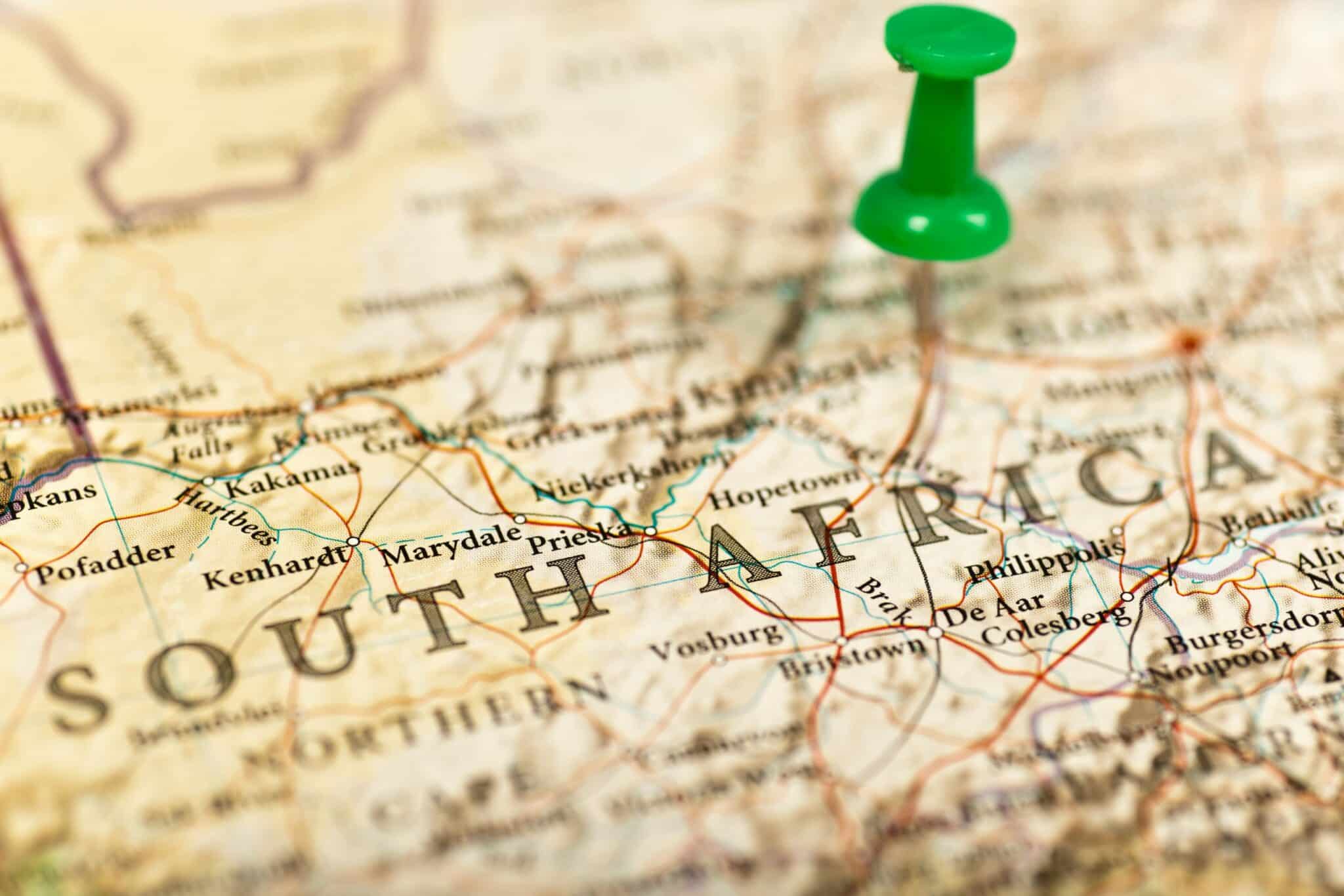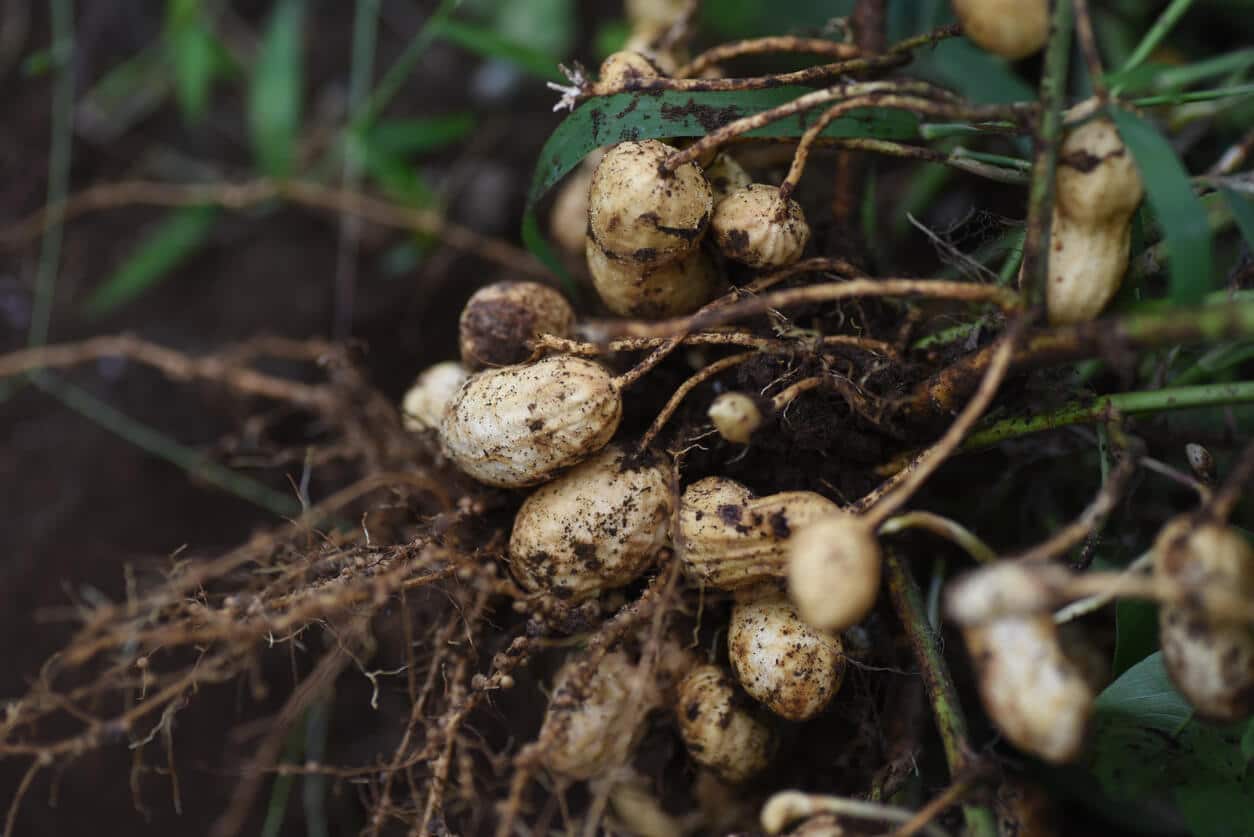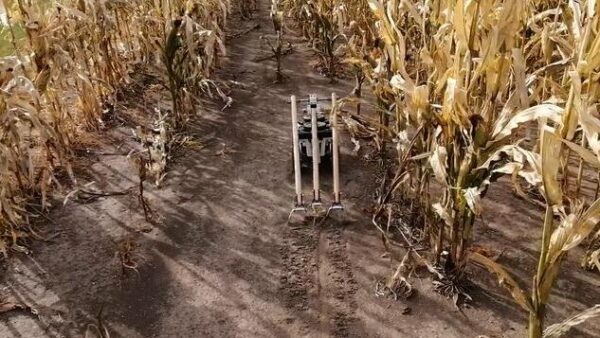Thanks to the efforts of their national seed organization, 118 member companies ensured farmers got the seed they needed even as the country went into lockdown.
Riaan Roselt remembers well what it was like to be in Cape Town, South Africa, helping plan the International Seed Federation’s 2020 World Seed Congress.
“At the time — this was last March — we didn’t know if COVID-19 would affect South Africa or not. It was a difficult decision. Should we plan on going ahead, or not? Hindsight is always 20/20, of course, and looking back, postponing it was the only decision the national organizing committee could make,” says Roselt, managing director for South Africa’s DLF Seeds and chairman of the South African National Seed Organization (SANSOR).
“Still, postponing it was hard because to be the host of an event like the World Seed Congress is a once-in-a-lifetime opportunity, and in some ways was the first indication that South African seed companies were in for a rough time.”

Fast-forward to today, and South Africa is an example to the world of how resilient a country’s seed sector can be, especially when it has the backing of a resourceful and effective national seed association.
“When COVID-19 hit South Africa, we were right on the doorstep of planting season. At that stage, farmers were getting ready for sowing cool season crops and needed seed to be delivered to farms. We were very worried that the distribution of seed could be disrupted due to restrictions being imposed to combat the spread of the virus,” Roselt says.
“Already there were some import and export restrictions being implemented in Europe. Would we have trouble at the ports? Could delays be expected? Would farmers have seed in time for planting? So many questions were being asked and the answers were few.”
Thankfully, DLF Seeds had SANSOR to fall back on, as did 80 other seed companies.
SANSOR has served the needs of the South African seed industry for 32 years. Today, it supports its 118 members in various ways: from maintaining local and international seed certification standards, to ensuring that seed is produced, multiplied and marketed according to legislated standards and systems.
“There was so much fake news out there, nobody really knew how the seed business would be affected by COVID-19. SANSOR helped in so many ways,” Roselt adds.
One way in which SANSOR aided its members was through ensuring South African seed companies registered themselves as essential businesses so they could function during the national lockdown, which began March 23 and was one of the world’s earliest and strictest lockdowns.
“So long as you were registered as an essential business, your agronomists and sales representatives were able to travel by road and ensure the farmers got their seed. If you got stopped at a roadblock, all you had to do was show your paperwork, which told the authorities that you were cleared to travel,” Roselt says.
Lukeshni Chetty, general manager for SANSOR, led the organization’s staff in helping member companies navigate those early days of the pandemic. SANSOR issued its member companies a simple template they could fill out and utilize to ensure they could function as an essential business.
“We’re fortunate in South Africa that we have a very organized agricultural industry from processing to animal feed. We were able to ensure seed was included in the government’s definition of ‘essential’ as well as all the services that went with it, like quality control,” Chetty says.
“Once the lockdown went into force, we immediately started to communicate with members.
We had as many as three emails going out every day saying, ‘This is where we are at, this is the discussion that is happening.’ We guided anyone and everyone whichever way we could, which was really good for our standing in the community and our reputation at an international level.”
While South Africa eased its lockdown restrictions this fall, like many other countries around the world, it continues to deal with the effects of the novel coronavirus.
“The pandemic has really opened our eyes to what our industry needs to focus on going forward. As the South African economy struggles to recover from this, one focus area should be encouraging local buying and producing more seed locally,” Roselt says.
“It’s crucial that we be more self-sufficient and produce as much high-quality certified seed as we can right here in South Africa.”
Since 1989, SANSOR has been the national designated authority to manage and execute all functions pertaining to seed certification on behalf of government.
“That means it is in the perfect position to help guide our industry through the crucial months and years to come,” Roselt adds. “We are fortunate that the national crop could be established successfully, and favourable climatic conditions have resulted in South Africa expecting a record harvest in the midst of this crisis.”
For more information visit www.sansor.org.













